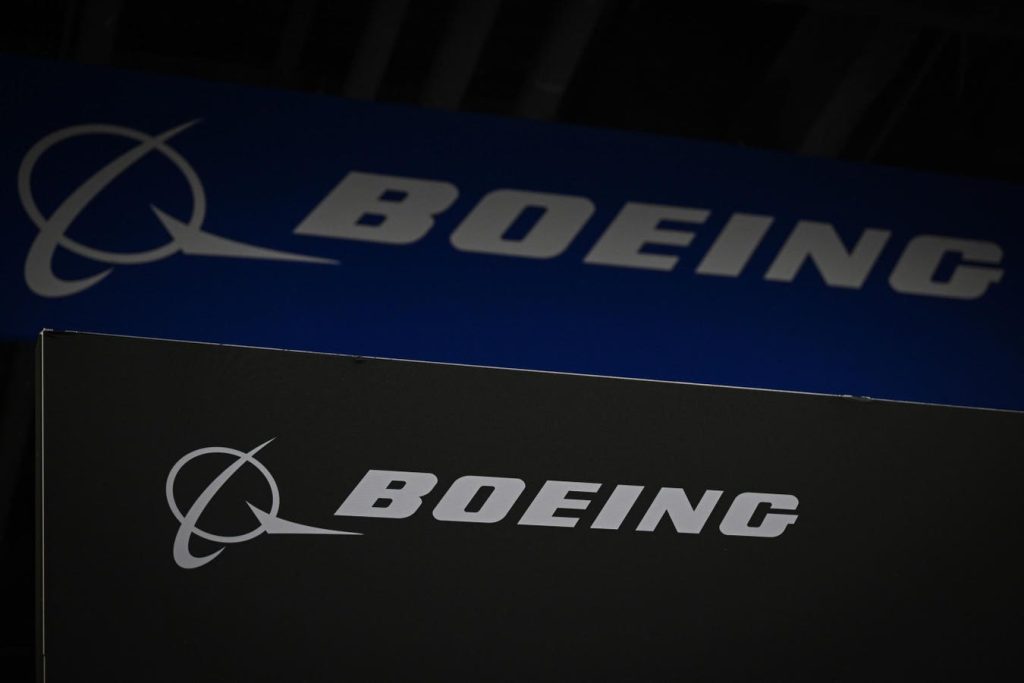Boeing recently reported its Q1 results, with revenue of $16.6 billion and an adjusted loss of $1.13 per share, beating street estimates. Despite ongoing 737 MAX issues, analysts believe that Boeing stock is undervalued. BA stock has faced a decline of 25% in the past three years, with inconsistent returns. In comparison to the S&P 500, Boeing underperformed in 2021 but outperformed in 2023. The Trefis High Quality Portfolio, consisting of 30 stocks, has consistently outperformed the S&P 500 in recent years.
Given the current macroeconomic environment and Boeing’s 737 MAX issues, there is uncertainty regarding its future performance. However, from a valuation perspective, BA stock appears undervalued, with a potential upside of more than 35% from its current levels. Analysts estimate Boeing’s valuation to be $228 per share based on 1.8x revenues, slightly lower than the historical average. Despite ongoing safety issues impacting near-term profitability, analysts expect sales to reach $83 billion in 2024, with an adjusted loss per share of $0.56.
Boeing’s revenue in Q1 was down 8% y-o-y, primarily due to a 36% decline in total commercial airplane deliveries. While global services and defense, space, and security segments saw an increase in sales, commercial airplane sales plunged 31% y-o-y. The company has reduced production to focus on improving quality and safety systems, with the core operating margin standing at -2.3% in Q1. Despite the challenges, analysts believe in Boeing’s long-term growth prospects, with a backlog of $448 billion and plans to ramp up production for 737 aircraft in 2026.
The start of 2024 has been challenging for Boeing, with its stock plunging over 35% due to incidents such as the cabin side panel detachment on an Alaska Air flight and quality issues with fuselages on 737 Max planes. The Federal Aviation Administration has grounded 737 Max 9 aircraft, and Boeing has failed in several product audits. To address these issues, Boeing plans to acquire Spirit AeroSystems, a key supplier, to improve quality and meet production targets. With CEO Dave Calhoun set to step down by the end of the year, Boeing faces mounting pressure to address the ongoing 737 MAX problems.
Although facing near-term headwinds, Boeing’s long-term growth outlook remains strong. With a backlog of over 5,600 airplanes and plans to ramp up production for 737 aircraft in 2026, analysts believe that investors can capitalize on the current dip in BA stock for robust long-term gains. Additionally, if the acquisition of Spirit AeroSystems is successful, it could further bolster Boeing’s aircraft production rate. Despite uncertainties surrounding the 737 MAX issues, Boeing is expected to resolve production challenges and expand its profit margin in the coming years for continued growth.













